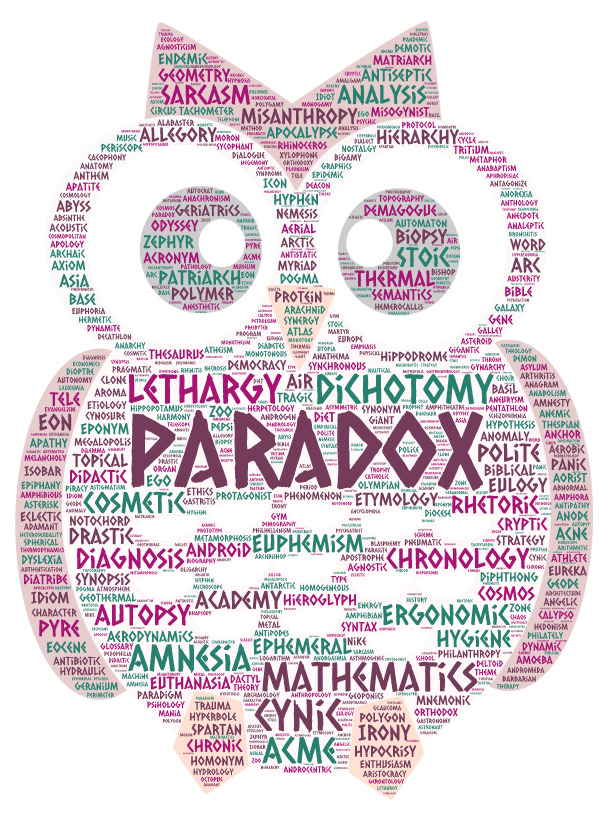

In contrast “apolis,” the citizen who is deprived of decency and justice, does not belong to the polis. The poet urges his fellow citizens to pursue this goal. Sophocles forged the term “ypsipolis” (high citizen) to describe the virtuous citizen who partakes in the free polis’ governance and is shaped by it. Within a self-instituted and self-instituting polis, democratic life evolves through an unparalleled language that enriches it.

The 5th century gave birth to the idea of the completed citizenship, that is to democracy. The Golden Age of Classical Greece was the century that entrusted the political function – executive, legislative and judicial – entirely to the citizenry. Aeschylus was shaped by the self-governed democratic polis, a political environment of holistic freedom for the Athenian citizenry.Īeschylus experienced mankind at the peak of its autonomy, fighting to defend its freedom. It is no coincidence that the poet conceived and created this term. That was the first time in the history of world literature that the term and intellectual conception were introduced. In Aeschylus’ tragedy “Prometheus Bound,” the poet attributes the term “philanthropos” to his titanic hero.


 0 kommentar(er)
0 kommentar(er)
